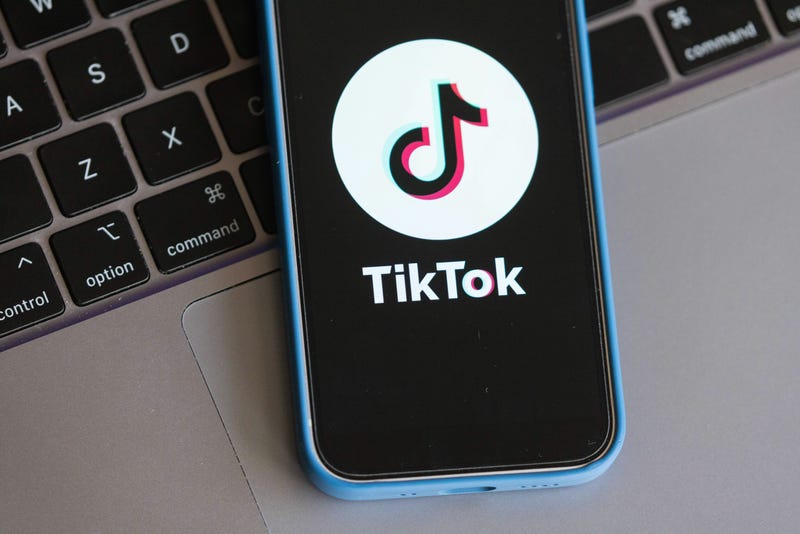
TRENTON, N.J. (1010 WINS) — New Jersey Governor Phil Murphy announced Monday that the social media platform TikTok and other apps will be banned on government devices due to cybersecurity concerns.
The state joins nearly 20 others in its ban of TikTok on state government issued devices. Though public employees will not be able visit the site on their work phones and computers, the apps will still be accessible on their personal devices.
“Bolstering cybersecurity is critical to protecting the overall safety and welfare of our state,” Murphy said. “The proactive and preventative measures that we are implementing today will ensure the confidentiality, integrity, and safety of information assets managed by New Jersey State government. This decisive action will ensure the cybersecurity of the State is unified against actors who may seek to divide us.”
In a statement issued by Murphy's office, TikTok, owned by Chinese technology company ByteDance, was called out for raising national security concerns over the user data the Chinese government might require ByteDance to provide.
“Analysis of various versions of TikTok have been found to collect the keystrokes of users, make screen captures every few seconds, access data from the phone’s clipboard, and collect the unique Media Access Control (MAC) address of the device, among other user information,” the statement read.
New Jersey is following the lead of the federal government who have also recently banned TikTok on their devices.
The other apps and sites that are now banned include Huawei Technologies, Zhejiang Dahua Technology Co., Ltd., and those doing business as Dahua, Hangzhou Hikvision Digital Technology Co., Ltd. and those doing business as Hikvision, Tencent Holdings LTD, including WeChat, QQ, QQ Wallet, Alibaba products, including AliPay, Alibaba.com Mobile Apps, Hytera, TE Corporation and Kaspersky Lab.
Murphy added that if agencies have a compelling business or public interest reason to use the prohibited software or services, they are required to submit an exception request.



